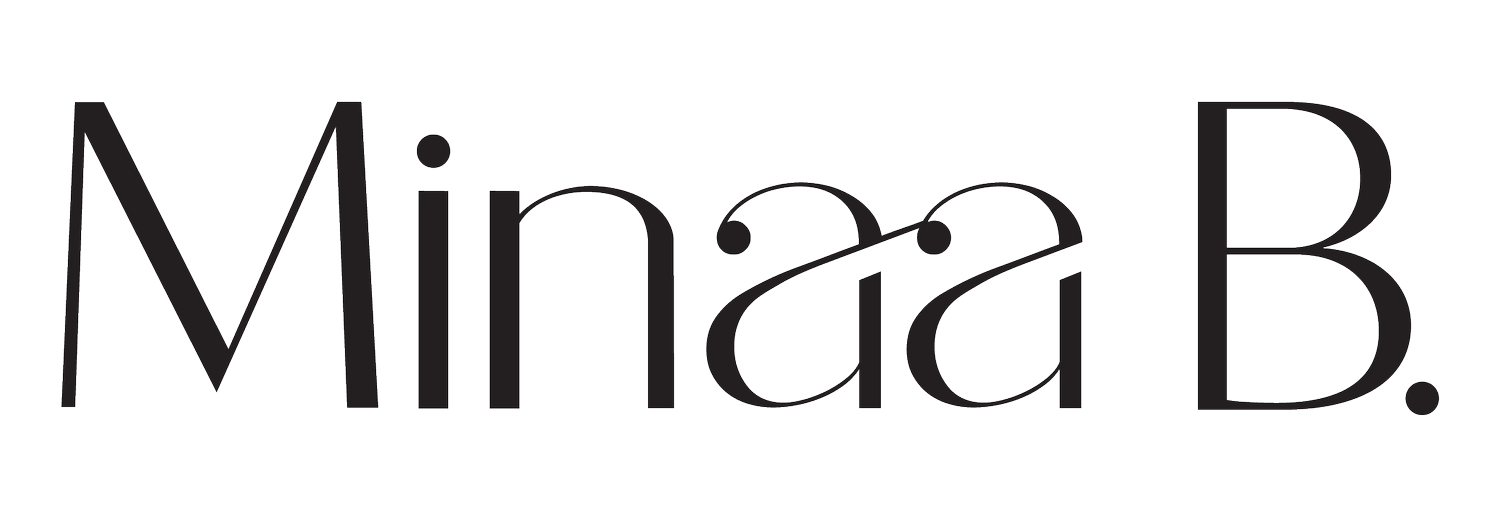Is Forgiveness Required In Order to Heal? The Act of Moving On, Releasing And Letting Go
Forgiveness is one of those things many people wrestle with, and it’s completely understandable why that would be so. In my own life, growing up in a deeply religious community, I was taught that forgiveness meant turning the other cheek, and it made me feel that I was responsible for caring and providing aid to my offenders and their emotions while neglecting mine in the process. This made me struggle with the idea of forgiving the people who harmed me and as a result, I chose not to, and instead, I walked around with disdain and anger in my heart.
What I learned from that is that it takes a lot of emotional and mental energy to remain angry at someone, even if the person hurt you, and it’s something I had to learn on my own as I worked on healing and growing in abundance.
I remember having a conversation with my therapist once about how angry I was at a person who had been emotionally abusive toward me, and I remember describing how the thought of this person made my muscles tense, my stomach ache, and my body freeze and shut down. It was at this moment that my therapist pointed out to me that I was carrying the burden of hate, and it was leaving me feeling both physically and emotionally exhausted. I had never paid attention to how my anger toward this person was resulting in the stifling of my own personal growth. However, I still couldn't manage the thought of forgiving someone who intentionally treated me terribly, did not apologize, and had no remorse for their actions. Still, then I learned something about the act of forgiveness from my therapist. Forgiveness is not about the abuser or the person causing you harm. It’s about you, your freedom, and lifting the weight of pain that stops you from moving forward.
When we hold onto our pain, anger, and grudges, we are walking through life with baggage that, in return, slows us down and hinders our ability to grow. We end up staying stuck because we won’t let go of the luggage of pain that we’ve been carrying for however long. We assume that if we let go of this, and put our burdens down, then that means we are giving our abusers a pass or letting them off the hook from being accountable. But here’s the hard truth, accountability is internal work; you cannot hold another adult accountable.
When a person makes a choice, they have to be willing to see how their choices impact other people and decide to change for the better, but when a person lacks remorse, there isn’t much that you can do to hold them accountable for a crime that they don’t care they committed. This is why forgiveness is critical for your journey because letting go and releasing yourself from the grip of anger and rage will be the thing that creates distance between you and your pain; holding onto a grudge, however, keeps you bonded to your abuser.
Now before I move forward with giving you insight into how to practice forgiveness, it’s critical that you are not conflating forgiveness with people-pleasing or passive behaviors.
Forgiveness does not mean:
Sweeping things under the rug
Enabling abuse or harm
Reconciliation between you and the person who harmed you
People-pleasing to keep the peace
When we forgive, we are ultimately learning the power of boundaries. Practicing forgiveness teaches us how to be mindful of our energetic boundaries, and it gives us discernment regarding who and what we let in in order to protect our peace.
The benefits of forgiveness are:
A stronger sense of energetic boundaries
An increase in feelings of joy and happiness
A decrease in feelings of depression, anxiety, rage, and anger
A sense of peace and freedom from letting go and moving forward
Less stress and emotional turmoil
An improvement in your health and physical wellness
The thing to remember about forgiveness is that it takes time and that it is a personal decision. It is up to you to decide for your own well-being and emotional healing if forgiveness is a practice you are ready to lean into. If you find that you are ready to forgive, grab a pen and paper and practice doing these things:
Identify the different grudges you are holding onto and write down ten ways these grudges have negatively impacted your well-being
Think of the people whom you want to forgive, write their names down in a journal, and write them a private letter using this prompt: Dear____, I forgive you for _____.
Forgiveness does not mean erasing your pain; therefore, make space for your owning your own emotions by writing yourself a letter using this prompt: Dear self, I am ready to let go of _________ because I deserve _______, by letting go, I am ready and willing to make space for _________
Reflective writing played a huge role in my ability to forgive. Learning to release and let go will give you the resilience and mental strength you didn’t know you needed. So is forgiveness a requirement to heal? The answer is not so black-and-white because everything requires nuance. Still, I would encourage you to reflect on how the act of forgiveness will shape and benefit your healing journey and be willing to commit to showing yourself compassion, empathy, and patience as you commit to healing, growing and evolving.

